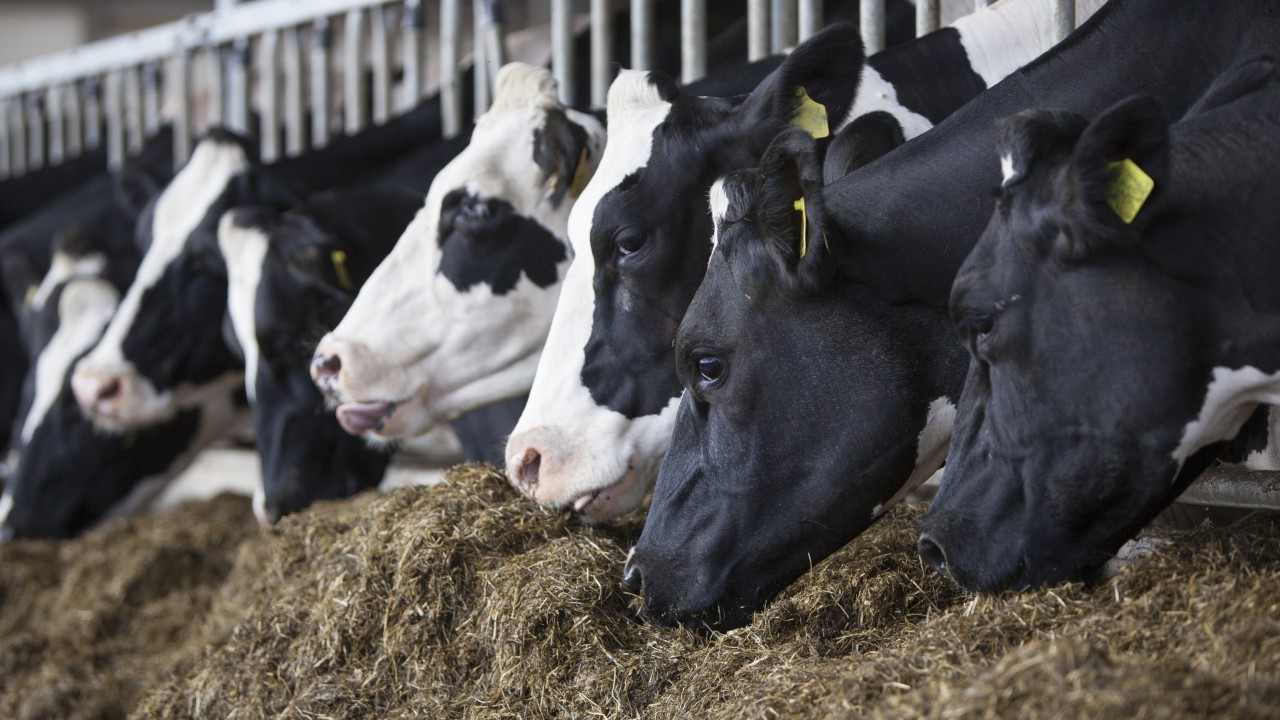“High standards of food production are the best defence against the deluge of cheap food which could well displace our homegrown product,” NI Food Chain Certification (NIFCC) chairman Robin Irvine told the body’s annual general meeting (AGM).
Irvine explained quality assurance schemes were a “vital part” of the food industry’s “armoury”, providing independent certification and proof that the highest standards are delivered at every link in the food chain.
“The company’s activities have been severely affected by avian influenza and Covid-19, but we are fully committed to meeting the challenges presented in the year ahead whilst continuing to deliver competitive, high-quality certification services to the Northern Ireland agri-food industry.”
NI Food Chain Certification
The Northern Ireland food industry had the vision almost 20 years ago to recognise the value of products that are differentiated by their environmental, food safety and quality control credentials whilst also being independently monitored and continually upgraded.
To this end, NIFCC was established as a collaboration between farmers, processors and retailers to deliver audit and certification services to the food industry on a ‘not-for-profit’ basis.
The success of the company can be measured, not just in the integrity and value it adds to the product of Northern Ireland, but in delivering substantial savings in compliance costs for farmers and food businesses.
Reflecting on the year ending March 31, 2020, the directors reported that this has been one of the most eventful and challenging periods in the company’s history.
Our activities were firstly restricted by avian influenza precautions, and of course, towards the end of the year, we had the shutdown of physical inspections due to coronavirus. The pandemic has been extremely disruptive to the business and has impacted on cash-flow.
“Following a long period when we were able to operate on a breakeven budget in the interests of providing low-cost services to the Northern Ireland agri-food industry, the organisation has reached a position where it is now necessary to review our structures and to begin rebuilding our reserves to ensure the business is adequately resourced to meet the industry’s requirements.
“Furthermore, a new version of the Red Tractor quality assurance standards is to be published in 2021, which will require changes in the format and recording of compliance and investment will be required in order to update NIFCC’s inspection protocols and inspection software.”
Staffing changes
Irvine highlighted several staffing changes within the company, including the creation of a new role of chief executive officer, and the appointment of Dr. Geoff Thompson to the position at the end of June.
“Geoff has had to hit the ground running and has been faced with a number of challenges including the need to adapt to new ways of working – such as the introduction of remote working and inspections – which are necessary for the survival of the business,” Irvine said.
“Encouraging developments throughout the year include the growth in demand for Red Tractor dairy inspections and delivery of food safety inspections on behalf of a major retailer.”
Irvine also paid tribute to the work of operations manager Noel Lavery, who left the organisation earlier in the year, having led the company since its establishment in 2001.
The meeting concluded with thanks to outgoing board member Tony O’Neill for his contribution to the NIFCC, having served on the board for five years and to Liam McNeill, chairman of the Certification Committee, and the members of that committee who perform such a valuable role for the organisation.
Alison Pell was announced as a new appointment to the board to represent the Northern Ireland Food and Drink Association. Alison is employed as group technical services manager with Moy Park.
In closing, the board recorded their appreciation to all NIFCC staff who have continued to adapt and work diligently to serve the industry through a very challenging period.

